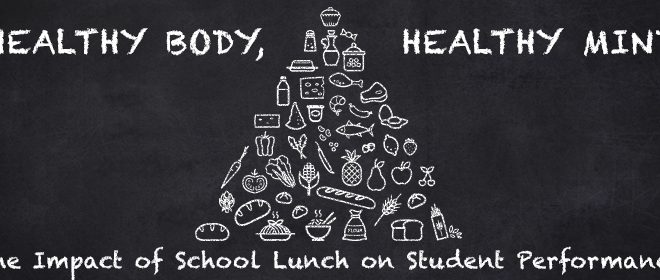Underachieving/Underachievement: What You Need to Know

This term is used to pinpoint the fact that a child is performing at a level that is subpar to their intrinsic academic potential. This is often assessed by disparities between grades and IQ scores or between achievement test scores and IQ.
Different causes can result in high-ability students failing to utilize their complete potential. For instance, many talented students underachieve just because their parents do not prioritize the value of academic achievement and the way it can lead to success in the future. These parents do not place high standards or anticipate their kids to achieve them. Therefore, the message that gets communicated to the kid is that academic achievement is not to be considered important. Issues such as a strained relationship between the kid and another family member or divorce may also lead to underachievement as well. The stress frequently arising out of such situations makes the kid indifferent to perform well at school.
Peer group pressure can also be a key cause that makes a high-ability student become an underachiever because many of their peers do not consider academic achievement important. Talented students often start performing poorly to get accepted by their social group and avoid criticisms.
While the above ones are issues that occur outside of school, some cases occur within the schools. One key reason that often demotivates talented students to perform well is the curriculum being unchallenging. While these students are capable of mastering the material much quicker than average students, they rarely get the opportunity to do so. Rather than trudging with and coping with their regular work, they simply opt to do nothing.
Sometimes, talented students may have teachers who do not recognize or appreciate their unique abilities and talents. Eventually, they get the message that their interests are getting overlooked by the teacher and their participation is not being considered important. Such negative response heavily damages the motivation of these students, which leads to poor performance at school.
To help these students out, teachers need to ensure that they are given assignments and tasks that challenge them intellectually and let them utilize higher-order skills and processes. These students should also be given opportunities to pursue topics of their interests using independent projects. Teachers should help these students set realistic goals, which they can accomplish eventually. And lastly, in a competitive environment, teachers shouldn’t compare underachieving students to others.






